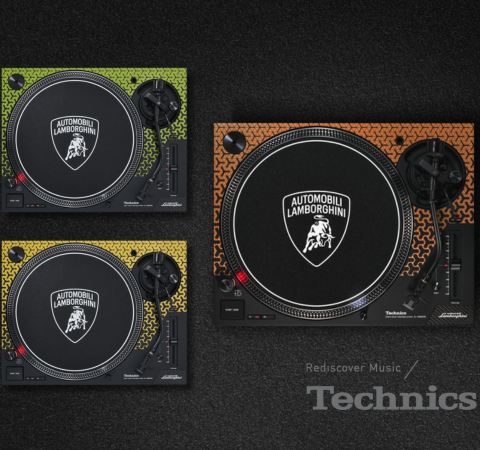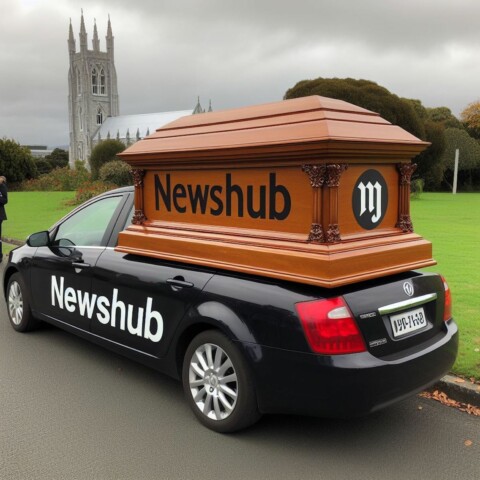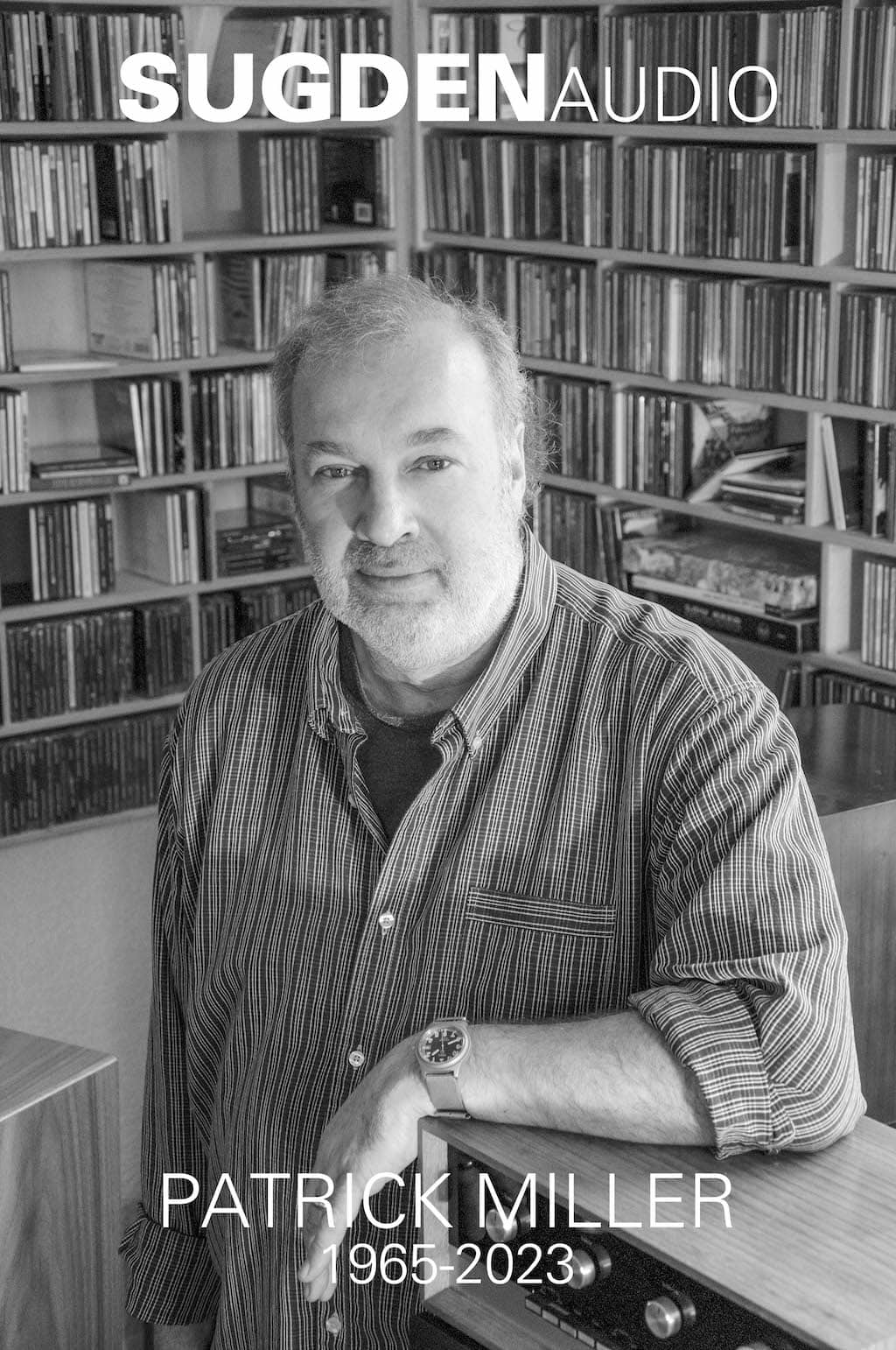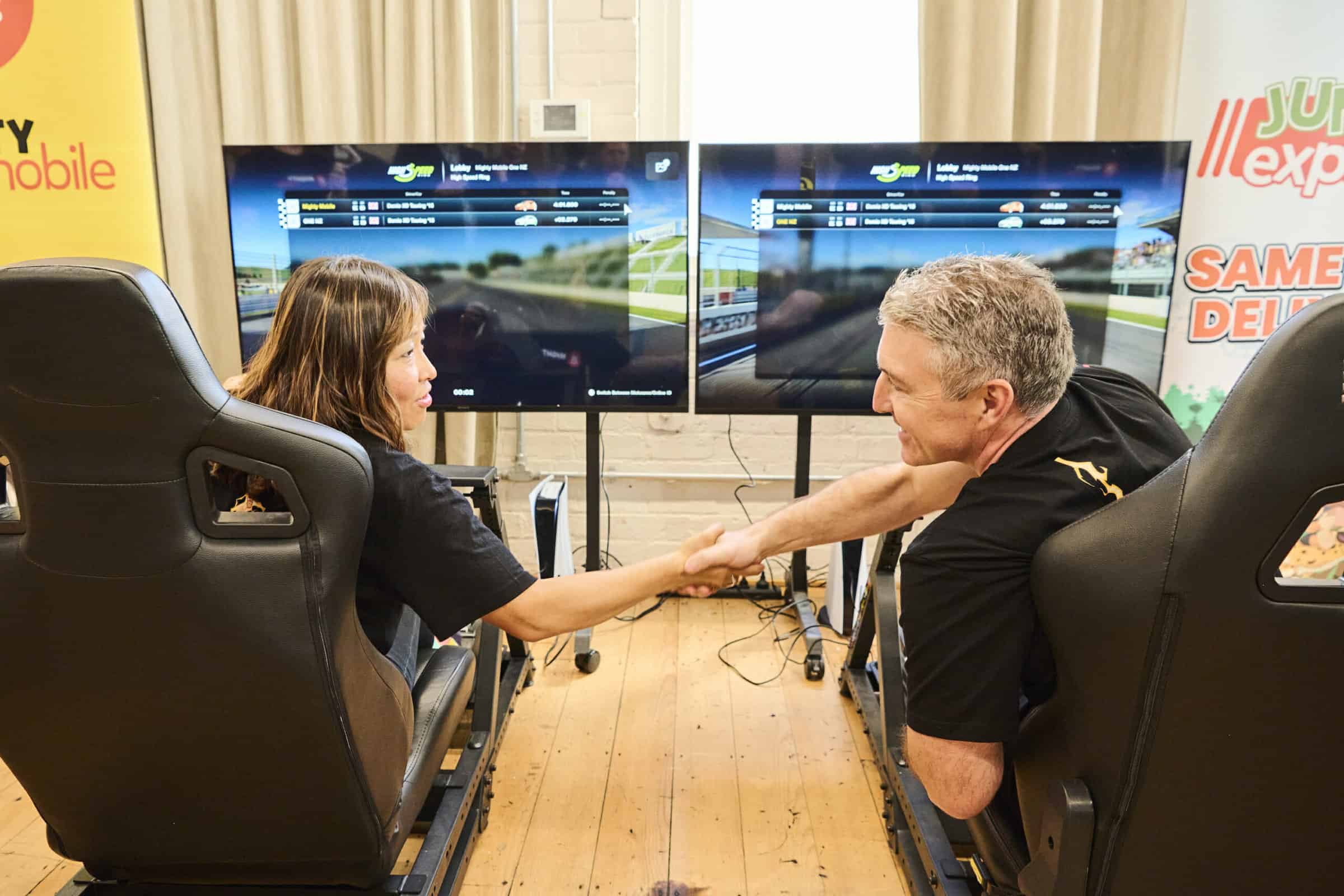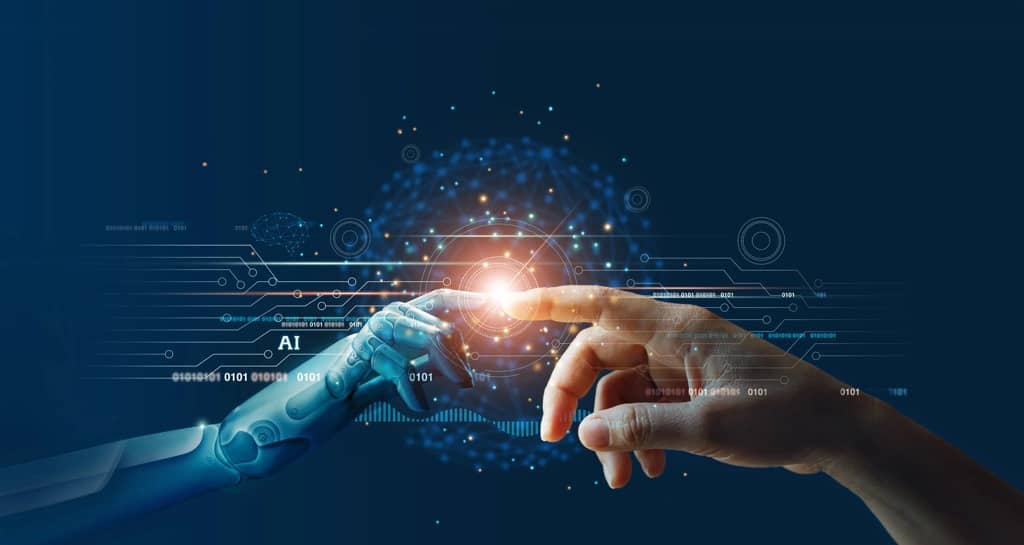PAT PILCHER reports from Seattle, where he watched the NZ team make it to the quarter finals, but lose the big prize.
 New Zealand’s Imagine Cup team from Auckland University swept past 54 other competing teams to move into the quarter finals at Microsoft’s prestigious annual event, the move placing them amongst the top eight teams from around the world.
New Zealand’s Imagine Cup team from Auckland University swept past 54 other competing teams to move into the quarter finals at Microsoft’s prestigious annual event, the move placing them amongst the top eight teams from around the world.
Aimed at fostering the next generation of tech entrepreneurs, the Imagine Cup is the high stakes, high-tech equivalent to Masterchef. Teams pitch ideas that they believe could change the world and develop them from concept into prototype using Microsoft technologies. These are then pitched to a revolving panel of expert judges over three days in successive rounds that sees teams eliminated until just four remain and a winner is chosen. The team that ultimately survives stands to win US$100,000 plus mentoring from Microsoft CEO, Sataya Nadella. Then there’s also the not so inconsiderable matter of having an Imagine Cup win on their CVs.
It’s the 15th year of the event. Competing in the Imagine Cup is a massive undertaking. It involves months of preparation, blood, sweat, tears and lots of mentoring. The NZ team consists of three young guys, Hamish, Eric and Nilesh. They’ve developed an app called GroupCram. It uses a web browser to let university students collaboratively prep for exams using historic exam papers. GroupCram allows Students to discuss and rate each other’s exam answers.
 Day 1 kicks off at Microsoft’s campus at a brisk 7:30am with a round of concepts pitched to a panel of expert judges. Each team is initially allocated 15 minutes to present their concept and answer judges’ questions.
Day 1 kicks off at Microsoft’s campus at a brisk 7:30am with a round of concepts pitched to a panel of expert judges. Each team is initially allocated 15 minutes to present their concept and answer judges’ questions.
The standards are sky-high. One of the several US teams competing has developed an app that uses a standard laptop webcam and machine learning to detect and report heart rate/heart irregularities to a remote doctor. It has the potential to transform one of the toughest parts of telemedicine, remote patient diagnosis. Another team from Indonesia has also developed a machine learning app that can intelligently differentiate between false and real news, which in the age of Trump and Twitter can only be a good thing.
By mid-morning the first round results are in – Team GroupCram have made it into the next round, placing them amongst the top 32 teams. This sees Team GroupCram delivering a second round of pitches, this time with even less time to present and field questions.
 Day 2 starts with announcements of which teams have made it to the quarter-finals, where the number of teams are whittled down from 32 to just eight teams. Again, GroupCram gain a spot amongst the top eight. This sees them pitching their concept to yet another group of judges.
Day 2 starts with announcements of which teams have made it to the quarter-finals, where the number of teams are whittled down from 32 to just eight teams. Again, GroupCram gain a spot amongst the top eight. This sees them pitching their concept to yet another group of judges.
Day 3 starts at a gruelling 6.45am and sees Microsoft CEO, Satya Nadella, making an appearance to congratulate attendees on their success so far. Nadella reminds attendees that by being involved in the tech sector when digital technologies are transforming the world, that they’ve won the lottery and that their next step is to decide how to spend their winnings wisely.
After Nadella’s speech, semi-finalists are announced. Team GroupCram made the top eight, but ultimately missed out on the semi-finals. In the end, the winning team hailed from the Czech Republic with a product aimed at helping diabetic kids.
 The Kiwi team may not have ultimately won, but their product still has huge potential for commercialisation, and stands to transform how university students prepare for exams. Hamish, Eric and Nilesh have also picked up some invaluable skills, and all have a bright future ahead of them.
The Kiwi team may not have ultimately won, but their product still has huge potential for commercialisation, and stands to transform how university students prepare for exams. Hamish, Eric and Nilesh have also picked up some invaluable skills, and all have a bright future ahead of them.










